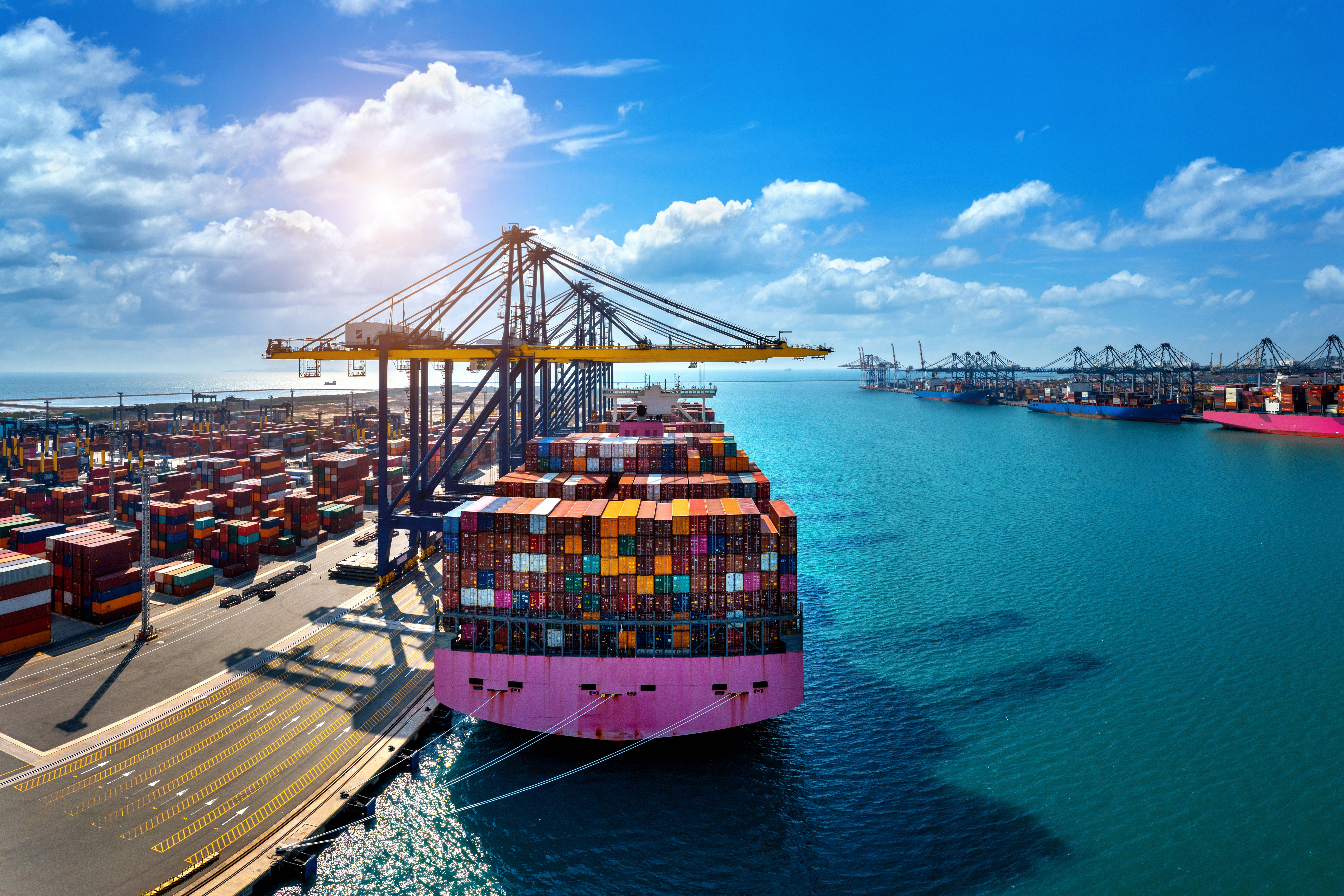Small and medium-sized enterprises (SMEs) are playing an increasingly significant role in international trade. However, as these businesses seek to expand into new markets, they face a series of challenges, and one crucial yet often overlooked aspect is the proper understanding and application of Incoterms rules. But what are Incoterms rules? These international trade terms are a set of rules established by the International Chamber of Commerce (ICC) that define the responsibilities and obligations of both the buyer and the seller in international commercial transactions. These rules are essential to avoid misunderstandings and conflicts, facilitating the logistics and transportation of goods across borders.
Importance of Incoterms Rules for SMEs:
· Risk and Cost Reduction: By understanding and selecting Incoterms rules appropriately, SMEs can reduce risks and costs associated with transportation, insurance, and customs procedures. This is especially crucial for companies with limited financial resources.
· Avoiding Misunderstandings: SMEs often lack the necessary resources to resolve legal disputes. These rules provide a clear framework for the responsibilities of each party, thus minimizing the possibility of misunderstandings and legal conflicts.
· Improving Operational Efficiency: Effectively using Incoterms rules allows SMEs to plan and execute international operations more efficiently. Understanding who is responsible for each stage of the process helps avoid delays and logistical problems.
· International Competitiveness: Knowledge of these rules can be a competitive advantage for SMEs in the international market. By operating efficiently and transparently, these companies can gain the trust of foreign customers and stand out from the competition.
Factors to Consider When Selecting Incoterms Rules:
· Type of Product: The type of goods being shipped and their perishable or durable nature will influence the choice of the most suitable rule. Also, whether the cargo is bulk or containerized affects this choice.
· Destination Market: Conditions and business practices vary depending on the destination market. SMEs should tailor Incoterms rules according to local standards and expectations to ensure a smooth transaction.
· Financial Capacity: SMEs must assess their financial capacity to bear additional costs associated with certain rules. For example, terms like DDP (Delivered Duty Paid) may require a more significant financial investment but also offer greater convenience to the buyer.
In summary, SMEs looking to expand internationally should consider Incoterms rules as a fundamental part of their international operations strategy. The correct understanding and application of these terms not only reduce risks and costs but also enhance operational efficiency and competitiveness in the global market. Investing in the understanding of Incoterms is an investment in the long-term success of SMEs' international operations.







Follow Us